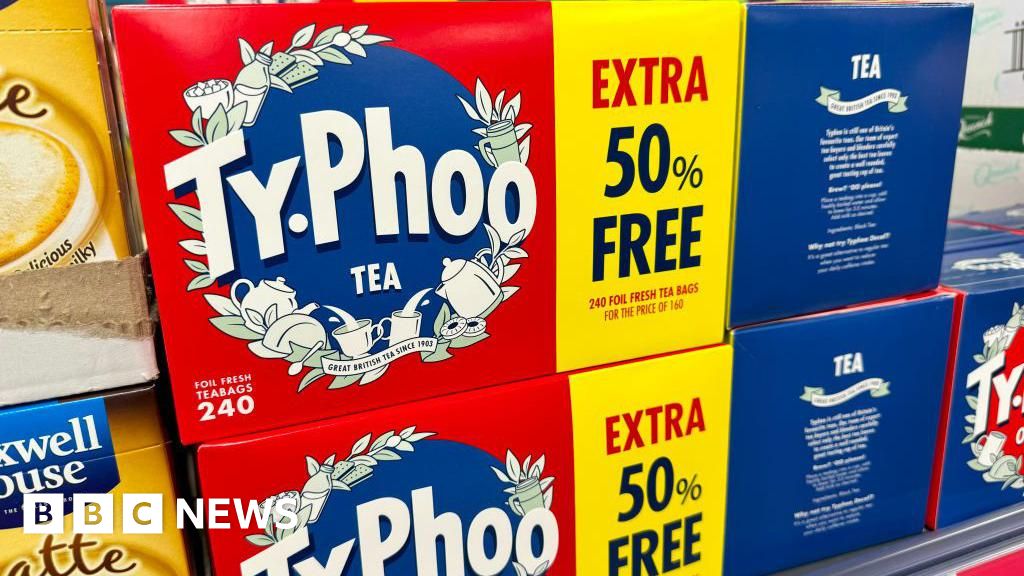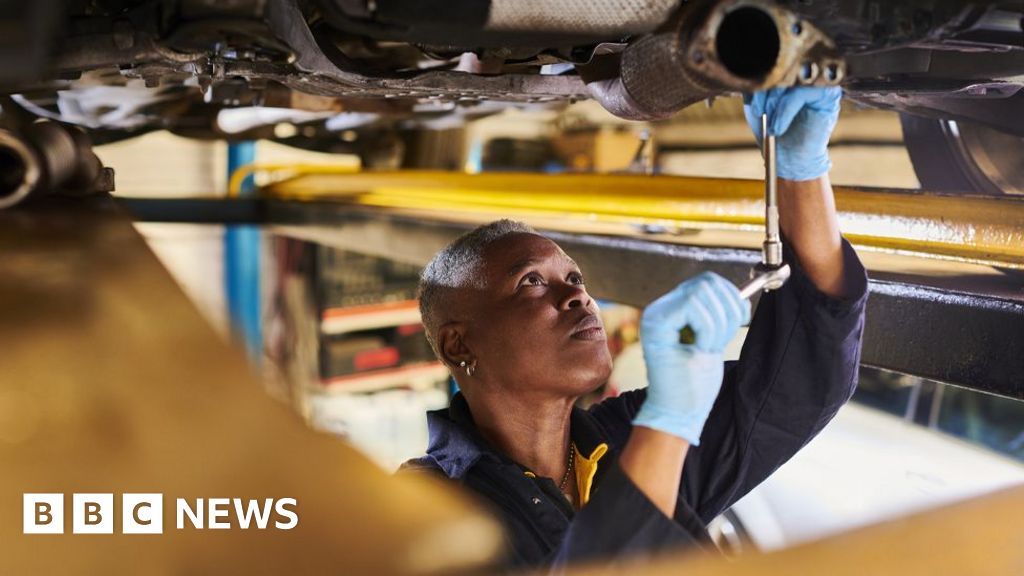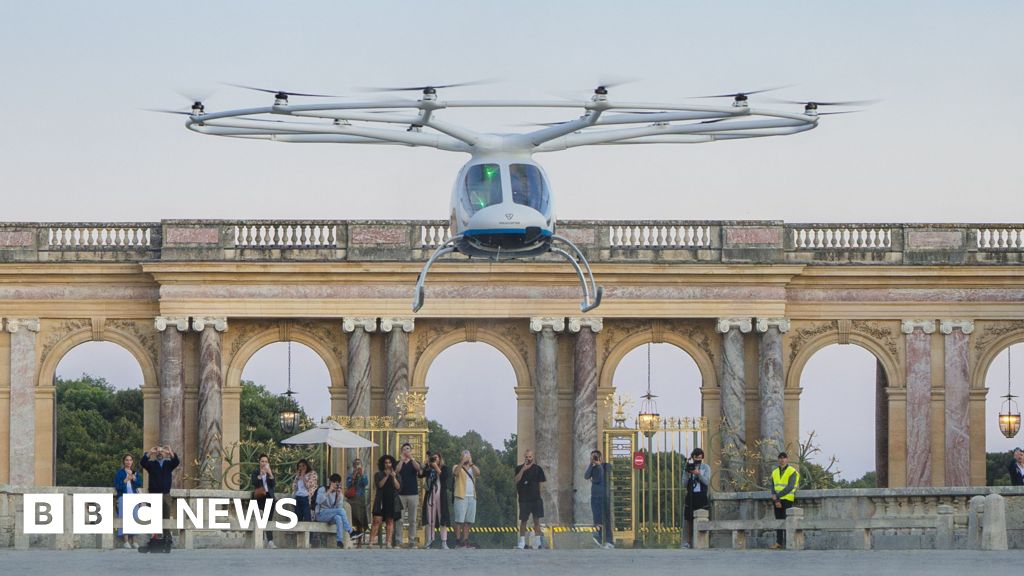ARTICLE AD BOX
Image source, Getty Images
Image caption,President Biden chairing a meeting of his Supply Chain Disruptions Task Force and company bosses
US President Joe Biden has said government measures to tackle global supply chain issues have averted a pre-Christmas crisis.
He was speaking ahead of a meeting with officials and company bosses, including transportation giant FedEx.
In June, he created a task force to address rising prices and shortages of goods caused by the pandemic.
However, some business owners and industry experts say American firms are still facing supply problems.
"The much-predicted crisis didn't occur," Mr Biden said ahead of a meeting with his Supply Chain Disruptions Task Force and corporate executives.
He went on to say that shop shelves are stocked at 90% of their full capacity and deliveries are happening at a faster rate than before the pandemic: "Packages are moving, gifts are being delivered, shelves are not empty."
The meeting included the secretaries of Agriculture, Commerce, Labor and Transportation as well as National Economic Council Director Brian Deese and Port Envoy John Porcari.
The chief executives of clothing retailer Gap, Kansas-based trucking company Yellow Corp and the American Association of Port Authorities also took part in the event.
FedEx chief executive Fred Smith said "most of Santa Claus' products will be delivered to the consumers." but supply chain issues are "not all solved".
In October, the Biden administration pushed for round-the-clock operations at ports and called on the help of some of the country's biggest retailers, including Walmart and Target, to tackle a major backlog of goods.
In response the Port of Los Angeles in California said it would handle more goods at night after a similar move by nearby Long Beach port.
The ports - which handle 40% of all cargo containers entering the US - had faced months of problems.
Hailing the initiative as a success the White House has pointed to a record number of goods now moving faster through the ports, while waiting times for shipping containers has been cut in half.
'Still work to be done'
Last month, Walmart's chief executive Doug McMillon said he had seen a positive impact on the flow of goods.
However, the ports are still grappling with a flood of empty shipping containers and the queue for container ships waiting to unload is about 90 vessels long.
Supply chain expert Megan Benger from business consultancy TMX told the BBC that although huge efforts have been made to address issues caused by the pandemic she still sees challenges ahead for global trading networks:
"The backlog of containers waiting to be unloaded has had a flow-on effect to the repositioning of empty containers back to export-oriented markets in Asia and other parts of the world. This further compounds the delays in getting products onto shelves in stores."
Ms Benger also warned that the new strain of Covid-19 which is spreading around the world is set to have an impact on the global supply chain in the year ahead.
"While ongoing efforts to keep supply chains flowing are helping to ease the disruptions, we are also starting to see that the Omicron variant is leading to increasing restrictions globally. As such, we expect to see supply chain disruptions continuing into 2022," she said.
You may also be interested in:
Ros Atkins On… Global Supply Chain Disruption

 2 years ago
45
2 years ago
45








 English (US)
English (US)